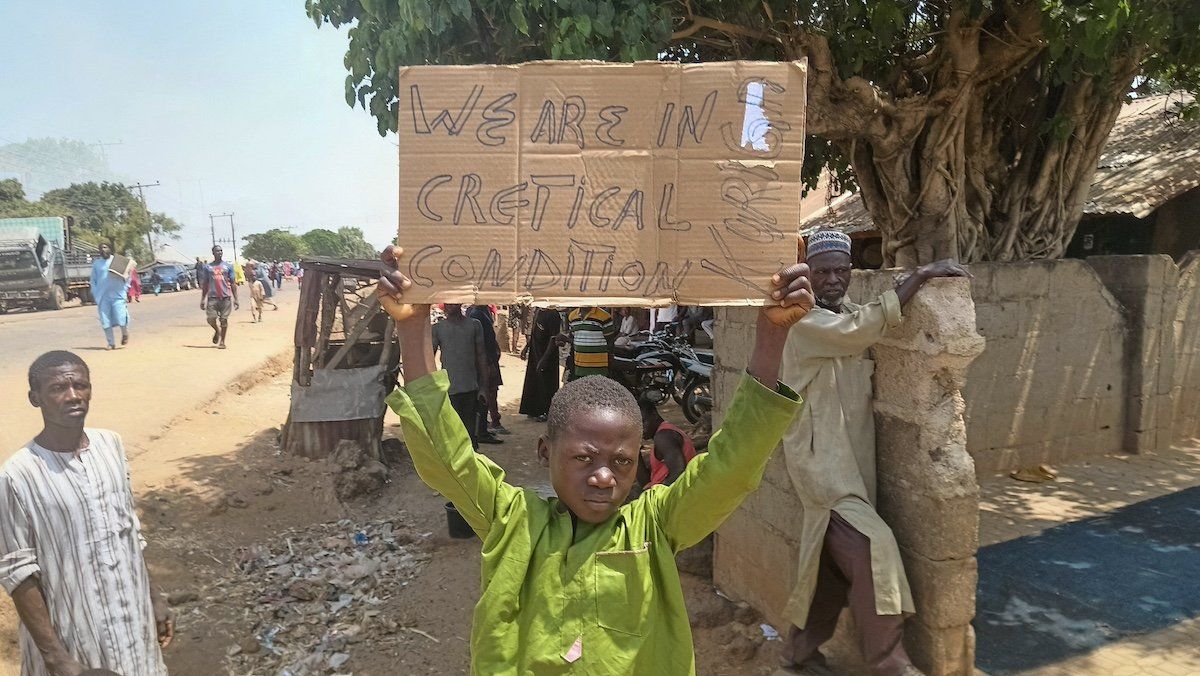Over 300 children have been abducted at gunpoint in northern Nigeria in recent days. On Thursday, gunmen kidnapped at least 287 children from a school in Kaduna state, and another 15 pupils were taken on Saturday. Militants are suspected of kidnapping around 200 women and children from Borno state as well. No group has claimed responsibility, but the region is plagued by Islamic extremism.
Nigeria’s army is mounting an operation to locate and retrieve the victims, but locals fear their loved ones may never return. A decade after Boko Haram attacked and kidnapped 276 schoolgirls sitting their physics exams in Chibok, 100 remain missing, and over 1,400 children have been abducted since then.
Why schoolchildren? Boko Haram, the most menacing terrorist group in the region, targets Western-style schools, which they see as contrary to their radical Islamist beliefs, and often holds survivors for years, ending their education. Female survivors recount being repeatedly raped by militants they were forced to marry, and many fell pregnant. Copycat terrorists now also target schools to extract ransoms from families.
What we’re watching: President
Bola Tinubu has sworn to rescue the children, and Nigeria’s army is the best in the region — but the local governor said there weren’t
enough boots on the ground. Similar violence from Islamist extremists has driven coups in Mali, Burkina Faso, and Niger, which Nigeria and the regional bloc ECOWAS have struggled to contain.
